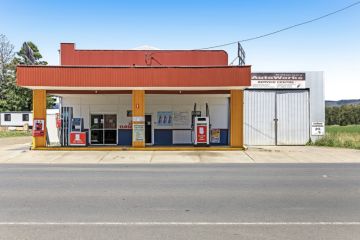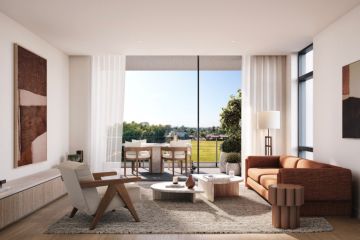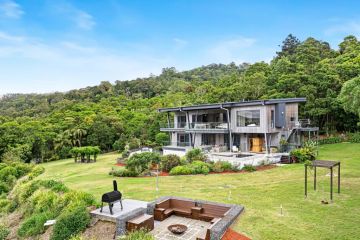What makes a great suburb?

Buying your first home or investment property is a major financial commitment and the location you choose will significantly affect your real estate’s value. There are rational drivers that impact the value of an area, but don’t dismiss the emotional experience of actually living there.
According to Shannan Whitney, director of BresicWhitney, a leading Sydney-based boutique real estate agency, home buyers are motivated by a very different set of criteria to property investors when deciding where to buy property.
“Most people making a decision about where they are going to live are driven by what they can afford, not necessarily by what they want,” says Whitney. “I guess the second thing is what they personally desire. That’s a very different channel to an investor.
“There are two key things that investors have to consider. One is capital growth and the other is [rental] yield.”
Reviewing a potential suburb through the different eyes of a home buyer and an investor can offer telling insights, regardless of which you are.
Home buyers: what suburb should I live in?
The process of finding the right area for your new home is dominated by your personal and financial circumstances.
“Two things are affordability and suitability, and under the umbrella of suitability comes personal enjoyment, convenience, all the things that people desire in the environment where they want to live,” says Whitney.
Evaluating the local sale prices in an area offers a clear guide to affordability. When it comes to suitability it is worth considering:
- Proximity to your work and social network
- Access to services including medical centres, hospitals, transport, day care, community centres, schools, universities and shopping centres
- Proximity to parks, beaches, town centres, cultural destinations, places of worship, dining and bar precincts and nightlife.
Life stage, relationship status and personal interests will all dictate which attributes shape your decision.
“Having close access to great bars and restaurants is interesting for some but not others … I think that’s one of the industry levers. People say you’ve got to buy close to transport, you’ve got to buy close to infrastructure, you’ve got to buy close to food and entertainment – all those sorts of things,” says Whitney. “It is certainly relevant for some profiles but for others it is not. I don’t think it necessarily determines the prospective value or the future value of a particular area.”
As an investor, looking at a suburb from a homeowner’s point of view will help you understand the demographic of the area and gain insight into the potential rental market.
Property investors: what suburb should I invest in?
Investing in property is all about gaining a return on your investment, so you need to estimate potential capital growth (the increase in value of the property) and rental income of a location. Domain provides detailed market reports on specific areas, which delve into median prices, rental rates and population demographics.
The other important consideration is the term of your investment. Are you looking to sell the property after an initial upgrade? Or are you in it for the long haul with plans to lease the investment property out?
“Rental demand is a big one, and the second thing that dominates is what is going to go up the most [in value],” says Whitney. “In that regard, I guess, those more structural components come into play.
“That is, who is the demographic living there? Why are they there? What’s the depth in the rental market in a particular area? And of course, what are the prospects for the area into the future: development prospects or any significant political decisions that have been made, or might be made, that could alter the fabric of what the suburb is now and what it might become?”
A broad checklist includes:
- Rental vacancy rates, average rental prices and median sale prices
- Potential rezoning and infrastructure changes
- Potential property developments and resulting impact on housing supply
- Availability of property management
- Basic population demographics including employment rates and age.
Home buyers will also benefit from an investor’s impartial outlook when evaluating a suburb. Considering future changes to an area will help avoid unexpected lifestyle upheavals and achieving capital growth will improve a homeowner’s personal equity.
Finding a healthy balance between the emotional and financial considerations will help you determine the best location.
We recommend
We thought you might like
States
Capital Cities
Capital Cities - Rentals
Popular Areas
Allhomes
More
- © 2025, CoStar Group Inc.







